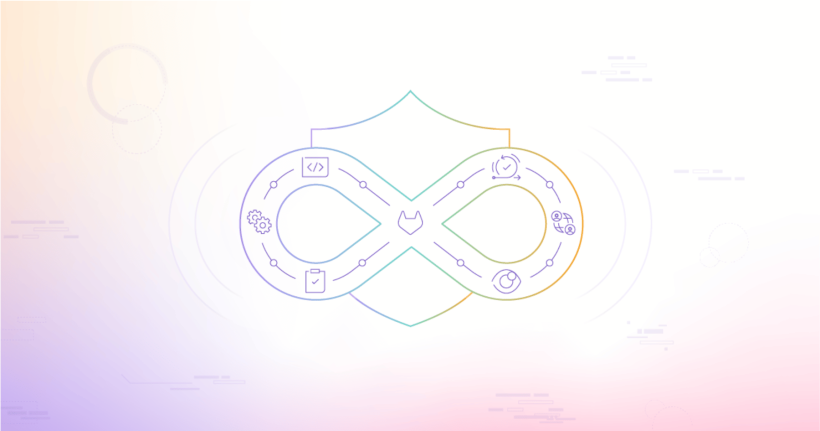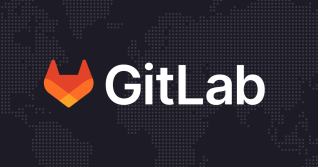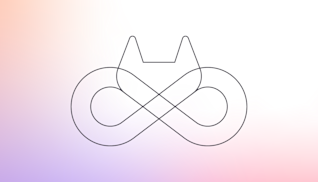The February 15, 2024, end-of-life date for Atlassian Server is fast approaching. If your software development workflows rely on on-premises deployments of Atlassian Server products such as Bitbucket Server for source code management, Bamboo Server for CI/CD, or Jira Server for Agile Planning, you’re faced with a choice. You can settle for the Atlassian options that remain available to you, or you can take a more forward-looking path: Make the move to a single AI-powered DevSecOps platform.
Atlassian Server end of life: Migration made easy
Migrating to a DevSecOps platform is simple: With GitLab’s various importer tools you can quickly import repositories, Jira issues, and Bamboo jobs. Here are a few resources you can use to get started, whether you’re ready to adopt the whole GitLab platform or you’d like to move one service at a time:
- Import your project from Bitbucket Cloud to GitLab
- Import your project from Bitbucket Server to GitLab
- Import your Jira project issues to GitLab
- Integrate Jira with GitLab
Atlassian discontinuing Server presents the perfect opportunity to consolidate your toolchain, increase developer efficiency, and implement DevSecOps. Let’s take a look at the benefits you can expect from making this move.
Less complexity, more productivity
DevSecOps enables companies to build software faster, more efficiently, and more securely. At the same time, the proliferation of DevOps tools is creating additional complexity in how companies develop, secure, and deploy software, which in turn is costing companies time and money. GitLab’s 2023 Global DevSecOps Survey found that 84% of organizations are using between two and ten DevOps tools, with 69% of developers spending at least a quarter of their time maintaining and integrating toolchains. Even if some of those various DevOps tools are from the same vendor, they often require work in the background to set up, secure, and maintain the integrations. That’s a significant amount of effort that teams could be using to deliver value to customers.
Let’s say you’re an Atlassian shop. You’re using Bitbucket Server for source code management, Bamboo Server for CI/CD, Zephyr for test case management, Jira Server for agile planning, and numerous other third-party tools for security scanning, vulnerability tracking, and more. As the Atlassian Server end of life approaches, you know that continuing to use Server without security updates and vulnerability fixes puts your company and customers at risk — a major no-go for security and compliance reasons. You have the option to move to Atlassian Cloud or, if you need to remain on-premises, Atlassian Data Center. But transitioning requires time, effort, and significant planning. If you’re already dedicating resources to making this change, why not take the opportunity to simplify matters by consolidating all of those tools into a single AI-powered DevSecOps platform instead?
According to our 2023 survey, the top benefits of migrating to a DevSecOps platform include cost and time savings, increased efficiency, and better security. Plus, 90% of developers whose organizations are using a platform said they feel they’re able to effectively identify and mitigate security vulnerabilities, among other benefits.
How much is your toolchain costing you? See how much you can save with the GitLab DevSecOps Platform.
Improved developer experience
Time spent maintaining and integrating toolchains isn’t just money down the drain for the organization — it’s also a drain on developer satisfaction. Helping organizations better support their developers has always been a priority for GitLab, and we’re confident in our position that a single DevSecOps platform is the best way to do just that.
With a single platform, developers stay in flow and do what they do best: develop great software. More concretely, a superior developer experience empowers teams to:
- focus on work that matters, with less context switching between different tools
- onboard and get up to speed more quickly with only a single platform to learn
- break down silos across product, development, security, and operations to foster better collaboration
- receive continuous feedback and iterate more quickly to produce higher-quality output
- automate manual tasks with AI built into the development lifecycle to avoid errors and wasted time
If your team hasn’t been able to invest in the developer experience, now is the perfect time to make it a priority. We’ve heard from GitLab customers like Airbus and Iron Mountain that a toolchain consisting of Jira, Bitbucket, and Bamboo doesn’t offer a user-friendly experience and lacks key capabilities. Why migrate to a new Atlassian Cloud or Data Center setup if you’re going to be missing out on mission-critical features such as built-in security scanning, review apps, and feature flags?
Visibility at every stage
A unified DevSecOps platform offers out-of-the-box dashboards and reports that provide insights on productivity, security, code quality, and more to help teams identify and fix barriers within the software development lifecycle. In our 2023 survey, respondents whose organizations are using a DevSecOps platform were significantly more likely to say they clearly understand what is happening across all stages of the software development lifecycle.
Having that extra visibility:
- improves software delivery quality and speed by uncovering bottlenecks in software delivery
- boosts organizational value delivery by helping organizations identify high-performing teams, maintain standards, and share best practices
- helps organizations ensure the security of their end-to-end software supply chain and compliance with regulatory mandates
You can’t get that visibility without a single DevSecOps platform — and GitLab is the most comprehensive AI-powered DevSecOps platform on the market. With other providers, you’re still stringing together various third-party tools into complex toolchains, hampering visibility while creating integration headaches and increasing your total cost of ownership. From idea to value, GitLab lets teams collaborate in a single application to shorten cycle times, reduce development costs, and increase developer productivity.
Learn why GitLab was named a Leader in the 2023 Gartner® Magic Quadrant™ for DevOps Platforms.
Bottom line: With Atlassian Server support ending, you shouldn’t be forced to choose an option that isn’t right for the future of your business. Whether you’re on the lookout for alternatives to fundamental tools in your stack that will no longer be supported, or you’re simply seeking new ways to boost the productivity of your growing team, adopting an AI-powered DevSecOps platform should be as frictionless as possible. That’s why GitLab offers a variety of deployment options to meet your unique needs, including self-managed, multi-tenant SaaS, and GitLab Dedicated, our single-tenant SaaS offering.
When you’re ready to make the move, we’re here to help.



